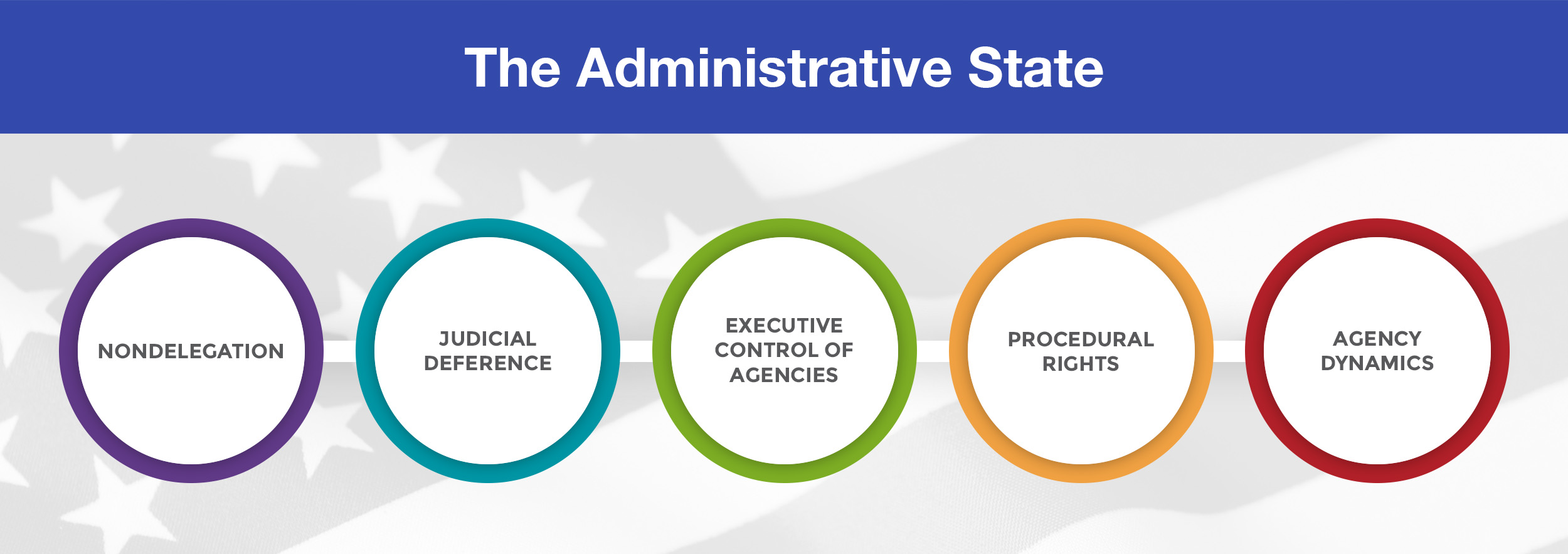Bootleggers and Baptists

| Administrative State |
|---|
| Five Pillars of the Administrative State |
| • Nondelegation • Judicial deference • Executive control • Procedural rights • Agency dynamics |
| Click here for more coverage of the administrative state on Ballotpedia |
Bootleggers and Baptists refers to a theory developed by economist Bruce Yandle in 1983 to explain his belief that regulations tend to come about with the support of both morally and economically interested parties.[1] Using the example of early 20th century laws prohibiting the sale of alcohol on Sundays, Yandle suggested that regulations are often supported by two distinct group motivated on the one hand by moral beliefs (Baptists, whose religious beliefs led them to support limitations on the sale of alcohol) and on the other by economic interests (bootleggers, whose potential to make high profits from illegal alcohol sales led them to support restrictive policies).[1][2] This theory holds that, according to the Cato Institute, regulatory schemes tend to emerge and endure with the support of "coalitions of economic and moral interests that desire a common goal."[3]
Background
This theory was first put forward by economist Bruce Yandle in a 1983 article published in the American Enterprise Institute's magazine Regulation titled "Bootleggers and Baptists: The Education of a Regulatory Economist."[1] Yandle, at the time serving as executive director of the Federal Trade Commission, used the example of early 20th century Sunday closing laws restricting the sale of alcohol to illustrate his belief that "durable social regulation evolves when it is demanded by both of two distinctly different groups" - Baptists, who support a regulation for moral reasons, and bootleggers, who stand to gain economically from a regulation.[2]
In 2014, Yandle and economist Adam Smith published Bootleggers and Baptists: How Economic Forces and Moral Persuasion Interact to Shape Regulatory Politics, in which they argued that the theory can be used to explain a range of issues, including the 2008 financial crisis and the United States government's approach to environmental policy.[3]
In a 1999 article in Regulation magazine, Yandle gave three examples of environmental regulations implemented between 1977 and 1999 pertaining to coal power plants, logging in wildlife habitats, and subsidies for the production of corn-based ethanol. Yandle argued that in each case, the regulatory regime was supported by a coalition of moral and economic interests, including both environmentalists with a desire to protect the environment through regulation and coal, timber, or corn producers that stood to benefit from reduced competition or the receipt of government subsidies.[2]
See also
- Barrier to entry
- Compliance costs
- Regulatory capture
- Rent seeking
- American Enterprise Institute
- Cato Institute
- Property and Environment Research Center
External links
- "Bootleggers and Baptists: The Education of a Regulatory Economist," by Brunce Yandle
- About Regulation magazine
- Search Google News for this topic
Footnotes
- ↑ 1.0 1.1 1.2 American Enterprise Institute, "Viewpoint: Bootleggers and Baptists–The Education of a Regulatory Economist," May 1, 1983
- ↑ 2.0 2.1 2.2 Property and Environment Research Center, "Bootleggers and Baptists in Retrospect," 1999
- ↑ 3.0 3.1 Cato Institute, "Bootleggers and Baptists: How Economic Forces and Moral Persuasion Interact to Shape Regulatory Politics," October 9, 2014
| |||||||||||


